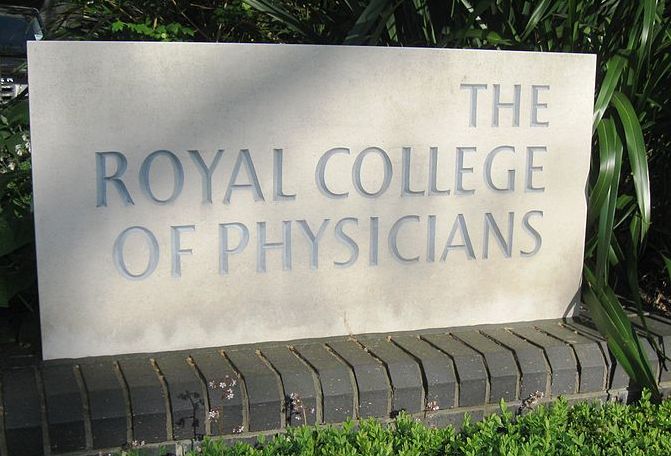The World Medical Association (WMA) is an international organization representing physicians, founded in 1947 'to ensure the independence of physicians, and to work for the highest possible standards of ethical behaviour and care by physicians, at all times'. It is an independent confederation of 114 national medical associations including the British Medical Association, which remains opposed to euthanasia and assisted suicide but is set to poll members on their preferred stance in coming months, and the American Medical Association, which this year reaffirmed its organisational opposition to euthanasia and assisted suicide. Significantly, the AMA's Council on Ethical and Judicial Affairs (CEJA) concluded after much study of the softened language surrounding the debate ('assisted dying', 'medical aid in dying', 'death with dignity') that:
'ethical deliberation and debate is best served by using plainly descriptive language. In the council's view, despite its negative connotations, the term "physician-assisted suicide" describes the practice with the greatest precision.'
The WMA's opposition is long-standing.
Adopted by the 70th WMA General Assembly, Tbilisi, Georgia, October 2019:
'The WMA reiterates its strong commitment to the principles of medical ethics and that utmost respect has to be maintained for human life. Therefore, the WMA is firmly opposed to euthanasia and physician-assisted suicide.
'For the purpose of this declaration, euthanasia is defined as a physician deliberately administering a lethal substance or carrying out an intervention to cause the death of a patient with decision-making capacity at the patient's own voluntary request. Physician-assisted suicide refers to cases in which, at the voluntary request of a patient with decision-making capacity, a physician deliberately enables a patient to end his or her own life by prescribing or providing medical substances with the intent to bring about death.
'No physician should be forced to participate in euthanasia or assisted suicide, nor should any physician be obliged to make referral decisions to this end.
'Separately, the physician who respects the basic right of the patient to decline medical treatment does not act unethically in forgoing or withholding unwanted care, even if respecting such a wish results in the death of the patient.'
The third stanza concerning obligations to participate or refer for euthanasia is significant given that Ontario's highest court this year ruled that physicians who object on moral grounds to providing euthanasia and assisted suicide must offer their patients an 'effective referral' to another doctor.
WMA Chair Dr Frank Ulrich Montgomery said:
'Having held consultative conferences involving every continent in the world, we believe that this revised wording is in accord with the views of most physicians worldwide.'
(Image: public domain)










